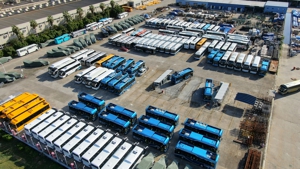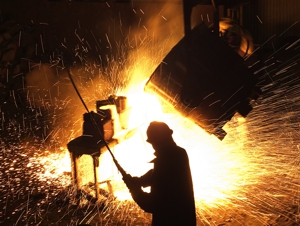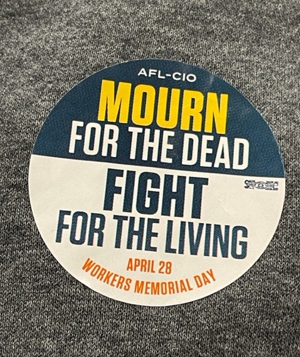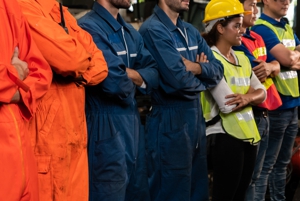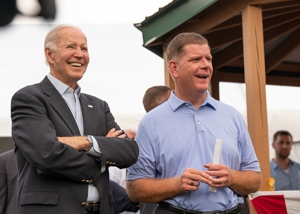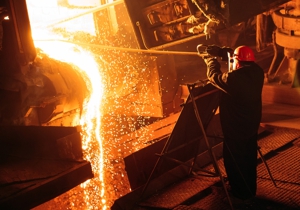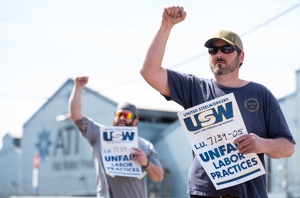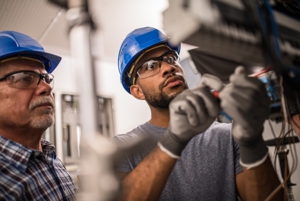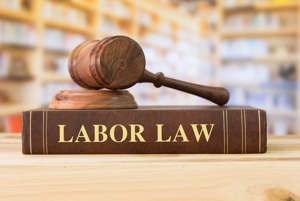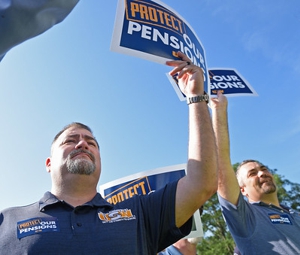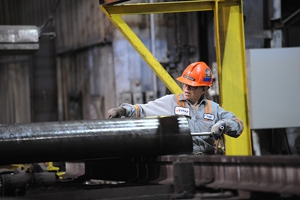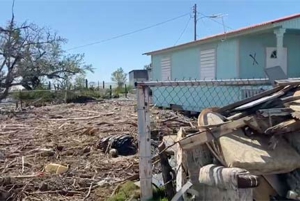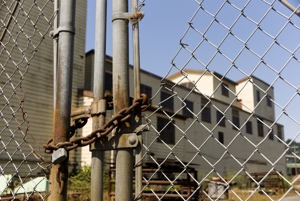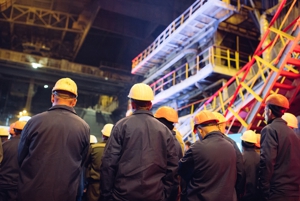Biden Protected Working People
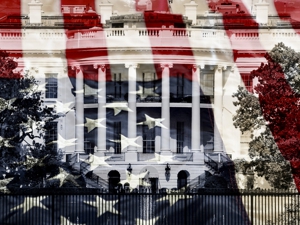
Joel Buchanan owns his home, travels, donates to charitable causes and still has more than enough money to pay his bills on time—thanks in large part to Social Security.
Along with his union pension, it means the difference between enjoying his golden years or just scraping by.
Even so, the Pueblo, Colo., resident refused to panic in recent weeks as right-wing Republicans in the House of Representatives attempted to extort massive spending cuts in exchange for the votes needed to raise America’s debt ceiling and avert global financial calamity.
The Republicans’ recklessness threatened tens of millions of working people. But Buchanan, a member of the Steelworkers Organization of Active Retirees (SOAR), trusted President Joe Biden to counter extremism with reason and save the day with steady-handed statesmanship.
That’s exactly what happened.
Biden, a Democrat, reached across the aisle and struck a deal with House Speaker Kevin McCarthy that protects Social Security and other lifelines while raising the debt ceiling for two years and safeguarding the world economy.
McCarthy himself credited Biden with saving Social Security and Medicare, saying he “walled off” any discussion about slashing them.
Yet Biden wasn’t finished. He worked the phones and helped to line up the bipartisan votes needed to pass the deal through both chambers, even as some members of McCarthy’s own party made clear that they’d prefer to let the nation default on its debts than give up demands to slash essential programs.
The House passed the deal last Wednesday, and the Senate followed suit Thursday. Biden noted that the legislation “protects key priorities and accomplishments.”
“He was the adult in the room. He’s done his job,” Buchanan said of Biden, who previously served as a U.S. senator for Delaware. “He’s spent much of his life in Congress. He knows how to get things done on Capitol Hill.”
More ...

